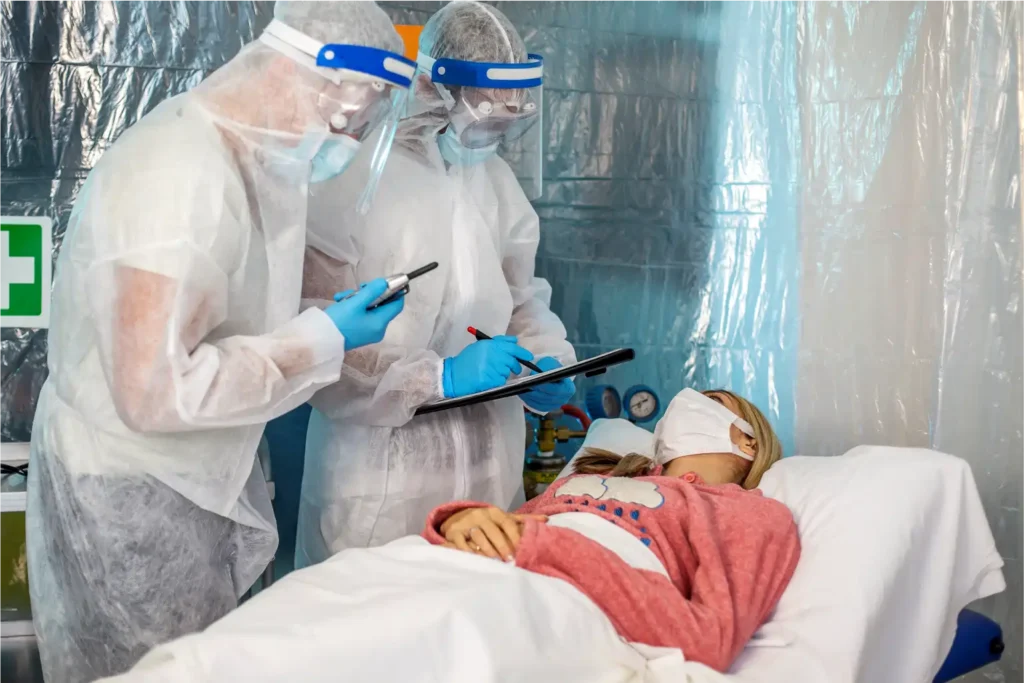
WHO on COVID-19 treatment: The World Health Organization (WHO) has recommended against the use of antibiotics even in patients with severe COVID when a concurrent bacterial infection is not suspected.
The updated guidance follows a recent systematic review and meta-analysis that found no clear benefit in administering antibiotics to COVID-19 patients without signs of bacterial co-infection. The WHO emphasised that limiting unnecessary antibiotic use is essential to combat the growing threat of antimicrobial resistance (AMR).
Also Read | Pandemic stress may have aged the brain, even without COVID infection: Study
“For patients with non-severe COVID-19 and low clinical suspicion of a concurrent bacterial infection, we recommend no empirical antibiotics,” the WHO said. “For severe cases, we suggest the same approach.”
The WHO noted that as the global situation surrounding COVID-19 has shifted, with reduced severity and hospitalisation rates, increased immunity through vaccination and infection, and the lifting of emergency measures, treatment protocols must also evolve.
Originally published in 2020, the COVID-19 clinical guidance has now been revised to reflect the current phase of the pandemic. The WHO said the new version removes general medical advice no longer specific to COVID-19 and focuses on evidence-based, context-specific recommendations.
The updated guidelines are intended for healthcare providers, hospital administrators, and policymakers involved in both acute and post-COVID-19 care.
Despite progress in reducing disease burdens, the WHO warned that SARS-CoV-2 continues to cause infections and deaths worldwide, and the virus is still undergoing changes that impact its behaviour and interaction with human immunity.
“This guideline reflects the evolving evidence and context,” the WHO stated. “It aims to support safe, effective, and appropriate care for patients as the pandemic enters a new phase.”








